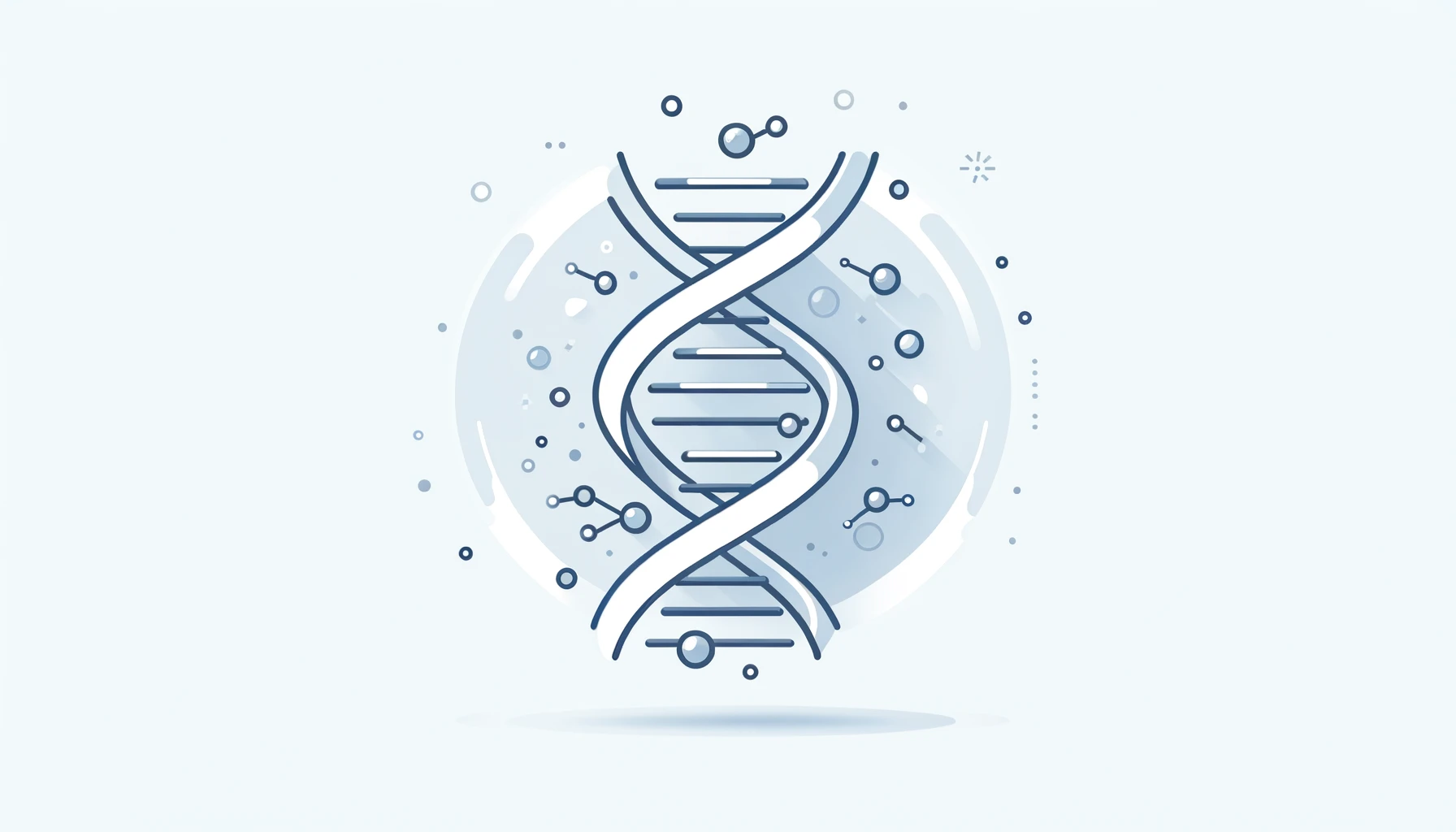
Recombinant Human Single-stranded DNA Cytosine Deaminase
Recombinant Human Single-stranded DNA Cytosine Deaminase (AICDA) is an enzyme synthesized through genetic engineering techniques. It catalyzes the conversion of cytosine to uracil in single-stranded DNA molecules, playing a crucial role in processes like antibody diversification and DNA repair.
Features
Scalability
AICDA-based technologies can be scaled up for industrial or clinical applications, offering scalability and feasibility for large-scale DNA editing and therapeutic interventions.
Safety
Recombinant versions of AICDA can be produced with stringent quality control measures, ensuring purity and minimizing potential risks associated with off-target effects or unintended genetic modifications.
Modularity
AICDA can be combined with other molecular tools or enzymes to create complex genetic circuits or multiplexed editing systems, allowing for sophisticated manipulation of DNA sequences.
Applications
Research Tools
AICDA is used as a research tool to induce targeted mutagenesis in DNA sequences. By introducing specific mutations, researchers can study gene function, protein structure, and disease mechanisms.
Gene Therapy
AICDA has potential applications in gene editing and gene therapy. It can be used to induce targeted DNA modifications for therapeutic purposes, such as correcting genetic mutations or regulating gene expression.
Cancer Immunotherapy
AICDA-mediated DNA editing can enhance the efficacy of cancer immunotherapy by increasing the immunogenicity of tumor cells. This approach may help stimulate anti-tumor immune responses and improve treatment outcomes.